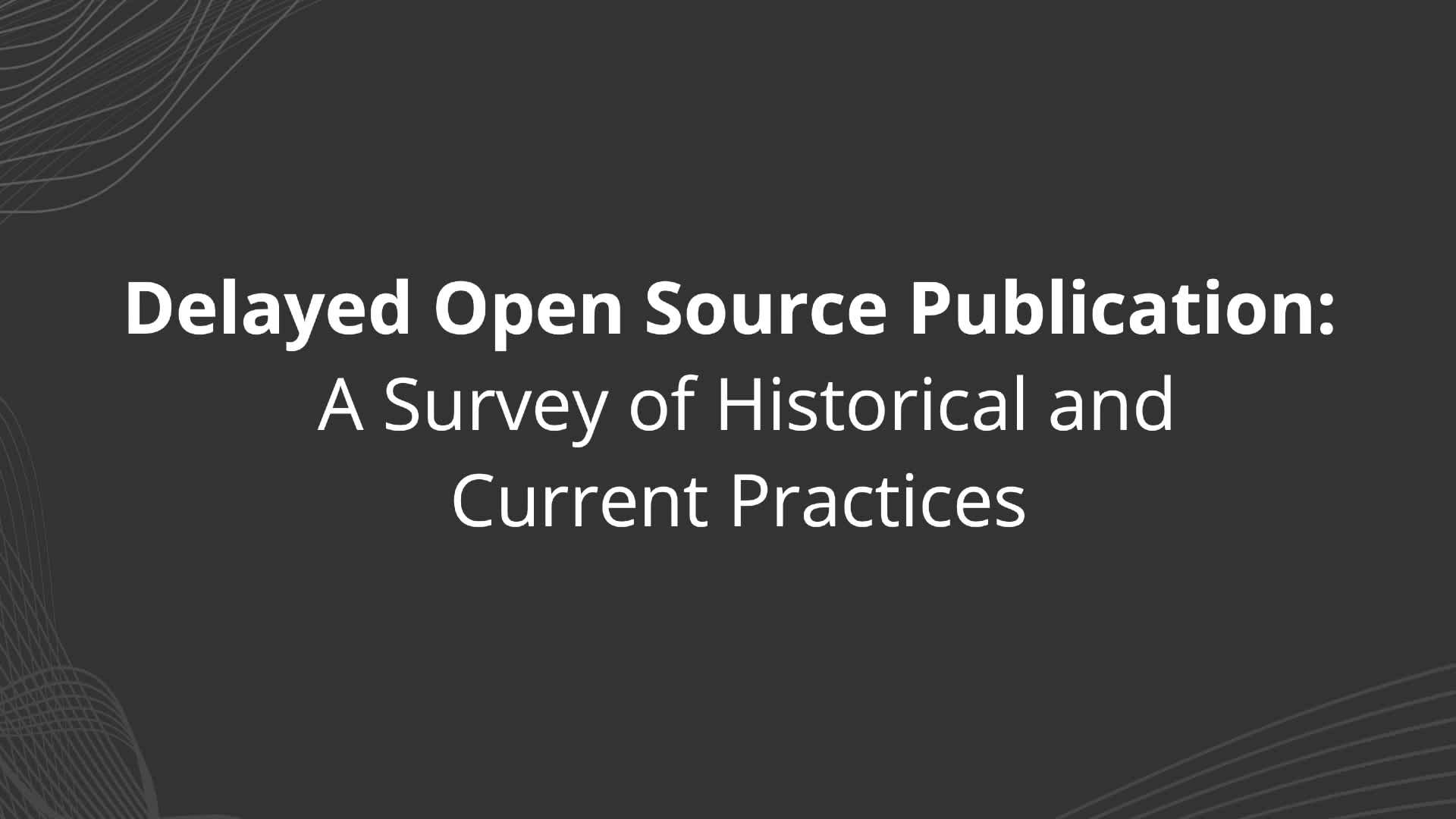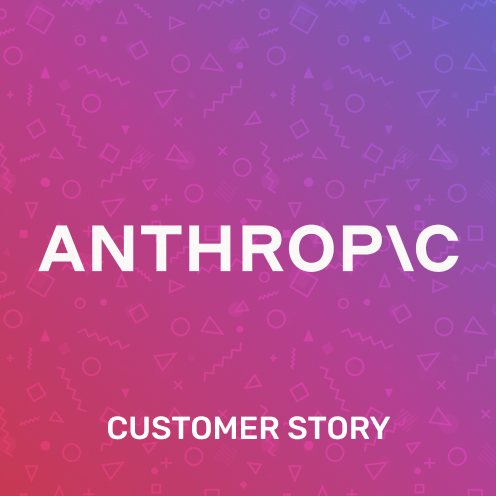Now’s The Time For Delayed Open Source

Sentry was born and bred in the Open Source community, and we very much think of ourselves as part of it today. One thing we’ve learned together over the years is that an over-emphasis on user freedom can come at the cost of developer sustainability, to the point that we are now in an Open Source sustainability crisis. Sentry’s view is that we as a community need to elevate sustainability to a value on par with user freedom, and we need to balance these values, in part, through additional licensing approaches that augment the widespread permissive (MIT/Apache) and copyleft (GPL/AGPL) regimes that exist today.
Sentry has been in conversation with the Open Source Initiative (OSI) for years about the sustainability challenge and the question of licenses. Our company has found success with time-delayed licensing, so OSI suggested that a research whitepaper into the history of such approaches would be a helpful way to move the conversation forward. We agreed to underwrite the project, and OSI called up Open Tech Strategies (OTS) to independently research what they have named “delayed Open Source publication,” or “DOSP.”
Yesterday, OSI published their findings in a paper entitled, “Delayed Open Source Publication: A Survey of Historical and Current Practices.”
*Visit opensource.org/dosp for more
Delayed Open Source Publication
The paper defines DOSP as “the practice of distributing or publicly deploying software under a proprietary license at first, then subsequently and in a planned fashion publishing that software’s source code under an Open Source license.” The researchers find that “DOSP has been in use since the early days of Open Source,” by companies that want “to preserve commercial advantage while attempting to keep as many of the advantages of Open Source as they can.“
The heart of the paper is a review of the history of time-based licensing approaches, from GhostScript and Qt in the early days through BSL/BUSL and up to FSL. Related licensing approaches are also discussed, such as “Pre-Open Source,” “Bounty Delays,” and “Grace Period” licensing.
By far the most important conclusion we draw from our research is that there has been a lot more experimentation and variety in DOSP than we realized — more projects have tried it than we knew, and have tried it in far more varying ways than we knew. [emphasis added]
Sentry’s History With Delayed Open Source
At Sentry, we switched from permissive to delayed licensing for our core products in 2019. It’s been great for us. It has prevented much larger, free-riding competitors from eating our lunch, preserving our ability to keep producing Sentry and Codecov while sharing as much as we can with the community. Were anything to ever happen to Sentry-the-company, the time-delayed approach ensures that our products can survive. This is a major advantage of DOSP over, e.g., open core.
Interestingly, Sentry’s relicensing did not at all negatively impact contributions from our community. This is because Sentry-the-product has always been produced primarily by Sentry-the-company. We’re a “single-source” or “single-origin” project. Yes, we are open to code contributions in addition to bug reports and feature requests. But if you spend a meaningful amount of time hacking on Sentry, we want to pay you for it.
When we incorporated and started paying people to work full-time on Sentry, the ratio of commits from founders and employees bumped up from 93.8% to 96.5%. Sustainability in action! Since switching to delayed licensing, we have continued to see community contributions at essentially the same rate, 3.4%.
One of the key conclusions of the DOSP paper is that, just as the permissive and copyleft regimes have shaken out into a few concrete licenses (MIT/Apache, GPL), “we might now be seeing a convergence toward a recognizable and relatively small set of DOSP licenses.” In fact, while OSI and OTS were producing the paper, Sentry and others launched a new DOSP license called the Functional Source License (FSL). Designed primarily for SaaS companies, it has a fixed time period of two years, after which it converts to a permissive license (either MIT or Apache).
Conclusion
We think DOSP licensing is a great way to balance user freedom and developer sustainability. Because Sentry is sustainable thanks to DOSP, we are able to voluntarily share our success and give lots of money to the permissive and copyleft projects in the community that we depend on. This is the crux of our vision to solve the Open Source sustainability crisis. If you want to join us on the financial side, check out FOSS Funders. If you are thinking about how to license your own project as you commercialize, consider FSL.
Thank you to the Open Source Initiative for suggesting this project and inviting us to underwrite it. Thank you to Open Tech Strategies for carrying out the research and writing up the report. We look forward to future collaborations to continue moving the Open Source community forward together.




